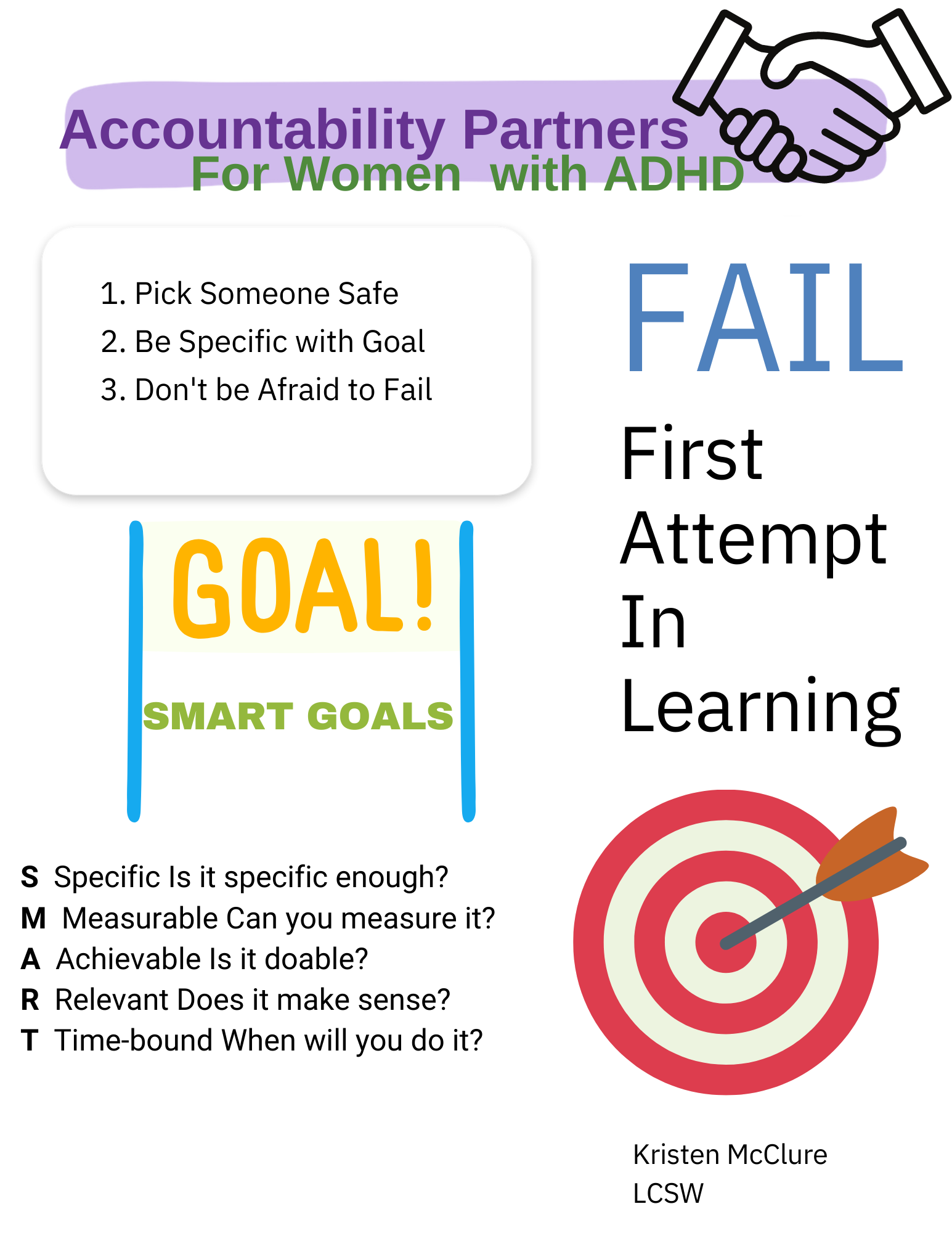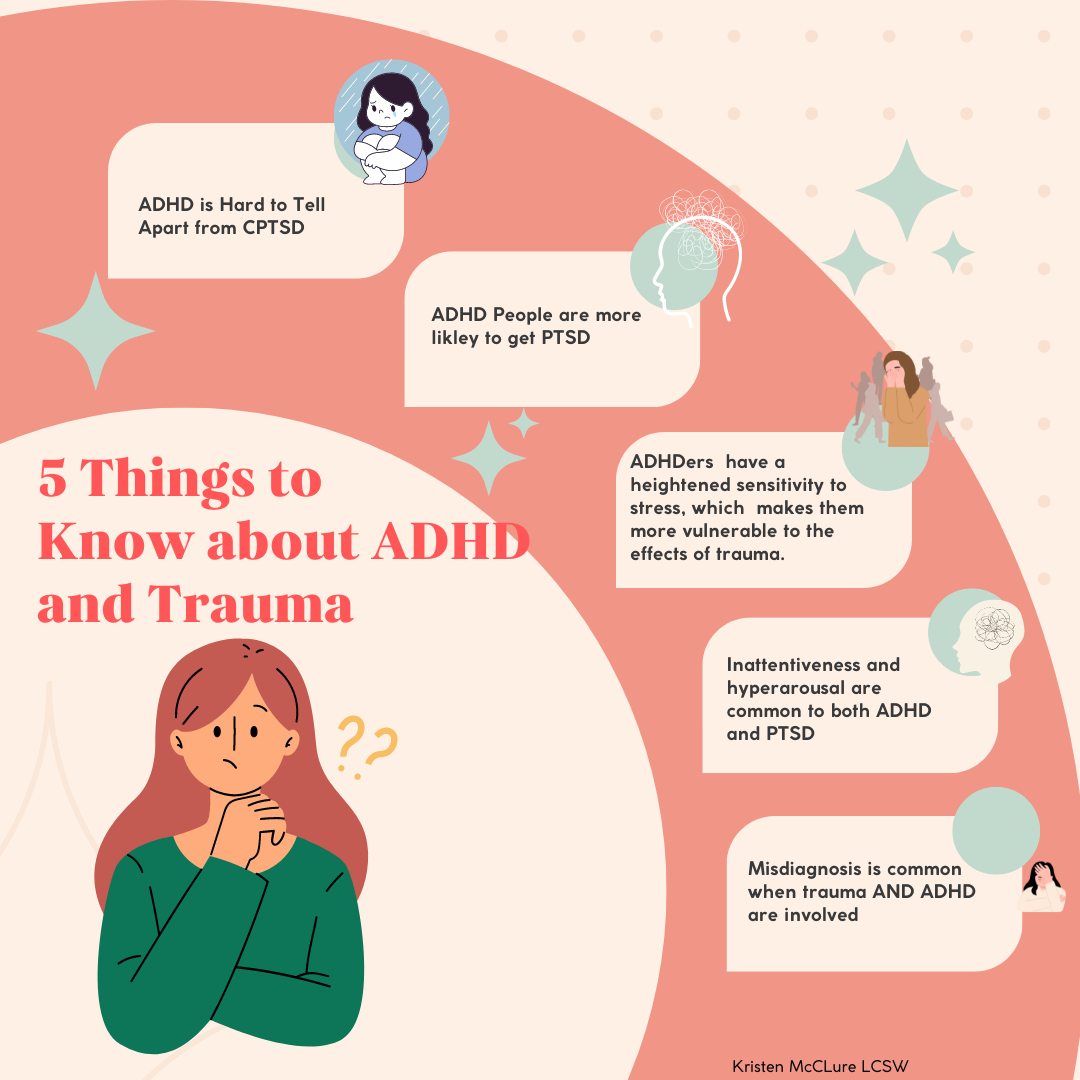procrastination
Why Procrastination is Worse for ADHD Women
For women with ADHD, procrastination isn’t just about putting things off—it’s a deeply ingrained challenge tied to how the brain works, how emotions are managed, and how society’s expectations shape their experiences. Procrastination is often more severe for women with ADHD due to the complex mix of cognitive, emotional, and social pressures they face. While everyone procrastinates from time to time, ADHD women deal with heightened barriers that make it a far more intense and draining experience.

Here’s why procrastination tends to be worse for women with ADHD:
1. Executive Function Challenges 🧠
Executive function refers to the brain's ability to plan, organize, and complete tasks. These are core skills that ADHD impacts, making it hard to start and finish tasks efficiently. Women with ADHD often juggle multiple roles at once, whether it’s at work, home, or socially, which can add to the load. These roles often require seamless switching between tasks, which can be particularly draining for ADHD brains.
Procrastination happens because breaking down tasks into manageable steps can feel overwhelming. This can lead to "task paralysis," where instead of moving forward, avoidance becomes a coping mechanism. The root of procrastination in ADHD isn’t laziness—it’s the brain struggling to regulate tasks and initiate action.
2. The Emotional Spiral of Late Diagnosis
A significant number of women with ADHD are diagnosed later in life. Years of internalizing messages of being “different” or “not good enough” can make procrastination even worse. Tasks become more than just things to be done—they symbolize feelings of self-worth. When a woman has spent years battling symptoms without fully understanding them, the pressure to perform can feel crushing.
This emotional toll creates a cycle where procrastination deepens. The fear of failure becomes overwhelming, especially after years of trying to meet expectations. Guilt and shame build up, further fueling procrastination. These layers of emotional weight make it much harder for ADHD women to break free from the cycle of avoiding tasks.
3. The Perfectionism-Procrastination Paradox
Many ADHD women also struggle with perfectionism. The desire to avoid mistakes or judgment can be so intense that it leads to procrastination. Starting a task can feel too risky, as they fear not meeting the high standards they (or society) set for themselves.
This perfectionism-procrastination paradox creates a vicious loop. The more pressure they feel to be perfect, the more they delay. Procrastination becomes a way to avoid disappointment, yet the delays also create stress, reinforcing the cycle. This makes procrastination feel like an insurmountable hurdle for ADHD women.
Breaking the Cycle of Procrastination for ADHD Women
Understanding why procrastination is worse for ADHD women is the first step in addressing it. There are strategies to help break the cycle:
- Self-Compassion: Rather than self-criticism, try practicing self-compassion. Procrastination is a common ADHD trait and not a personal failure. Being kind to yourself reframes how you approach tasks and reduces feelings of guilt.
- Self-Awareness: Reflect on what kind of procrastination you’re dealing with. Are you feeling overwhelmed, anxious, or confused? Understanding the emotions behind procrastination can guide how you tackle it.
- Break Tasks into Small Steps: ADHD brains can feel paralyzed by big tasks. Breaking them into smaller, bite-sized steps makes them more manageable and reduces the feeling of being overwhelmed.
Start right now with some reflections
- How do you feel when facing a large task?
Take a moment to reflect on your emotional response when faced with a large or complex task. Do you feel a wave of overwhelm, anxiety, or uncertainty about where to begin? It’s common to experience these feelings, especially for people with ADHD, as the brain can struggle with task initiation and breaking things down into smaller, manageable steps. When these emotions arise, they often trigger procrastination as a form of coping with the overwhelm.What negative beliefs do you hold about yourself related to procrastination?
Think about your past experiences with procrastination. Have you internalized negative beliefs about your ability to follow through? For women diagnosed later in life, there’s often a history of harsh self-judgment. Perhaps you feel "lazy" or "not good enough," despite knowing how hard you try. These beliefs may be rooted in years of compensating for undiagnosed ADHD, as well as societal expectations that overlook the challenges of neurodivergence. What would it look like to offer yourself self-compassion and recognize that procrastination is not a personal failing but part of how ADHD affects task management?Can you identify moments when perfectionism led to procrastination?
Reflect on times when perfectionism has kept you from starting or finishing a task. Maybe you delayed something because you feared it wouldn’t turn out exactly right or worried that others would judge you. This can be especially common for women with ADHD, who often hold themselves to high standards to compensate for feeling "different." How can you reframe your mindset to focus on progress over perfection? What would happen if you aimed for "good enough" rather than "perfect"?What small steps can you take today?
Now, pick one task you’ve been putting off—something that feels overwhelming. Break it down into the smallest possible steps, focusing on just the first two or three actions. For example, instead of "clean the house," start with "put away the laundry." How does it feel to tackle it this way? Often, taking that first small step can ease the sense of overwhelm and help you move forward with less stress.
Conclusion
Procrastination is especially challenging for ADHD women due to the unique blend of neurological and emotional factors they face. Whether it’s managing executive dysfunction, the emotional burden of late diagnosis, or the perfectionism trap, understanding the causes behind procrastination can help you approach tasks with more compassion and effective strategies.
Leave about procrastination and fear of failure. Learn more about the difference between procrastination and procrastivity.
Want to know more about how to help yourself with procrasintation if you have adhd? Follow the link below.
Learn more about procrastination and adhd
Klingsieck, K. B. (2013). Procrastination in different life-domains: Is procrastination domain specific?
Current Psychology, 32(2), 175-185. doi:http://dx.doi.org/10.1007/s12144-013-9171-8
Beutel, M. E., Klein, E. M., Aufenanger, S., Brähler, E., Dreier, M., Müller, K.,W., . . . Wölfling, K. (2016). Procrastination, distress and life satisfaction across the age range – A german representative community study.
PLoS One, 11(2) doi:http://dx.doi.org/10.1371/journal.pone.0148054
Murphy. H. (2017, July 21) What We Finally Got Around to Learning at the Procrastination Research Conference. The New York Times. Retrieved from https://www.nytimes.com/2017/07/21/science/procrastination-research-conference?_r=0
Skowronski, M., & Mirowska, A. (2013). A manager's guide to workplace procrastination. S.A.M.Advanced Management Journal, 78(3), 4-9,27,2. Retrieved from http://nclive.org/cgi-bin/nclsm?url=http://search.proquest.com/docview/1465064146?accountid=13217
Steel,
P. (2007). The nature of procrastination A meta-analytic and theoretical review of quintessential self-regulatory failure. Psychological Bulletin, 133, 65-94.
Sirois, F. M. (2015). Is procrastination a vulnerability factor for hypertension and cardiovascular disease? testing an extension of the procrastination-health model.
Journal of Behavioral Medicine, 38(3), 578-589. doi:http://dx.doi.org/10.1007/s10865-015-9629-2
Medical information obtained from this website is not intended as a substitute for professional care. If you have or suspect you have a problem, you should consult a healthcare provider.





